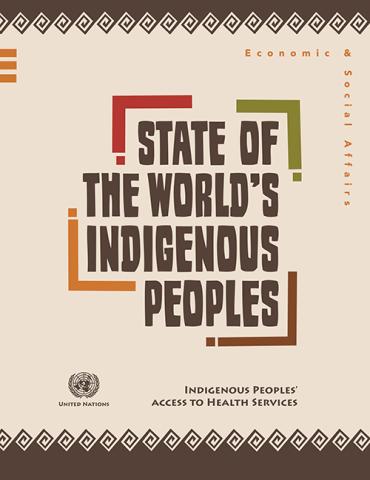
Show or Sort:
Facilitation of Travel in the Asian Region
This issue of the Economic and Social Commission for Asia and the Pacific (ESCAP) Tourism Review offers analysis and insight into the experiences of selected member countries in addressing issues of...
This issue of the Economic and Social Commission for Asia and the Pacific (ESCAP) Tourism Review offers analysis and insight into the experiences of selected member countries in addressing issues of...

State of the World's Indigenous Peoples
Indigenous Peoples' Access to Health Services
This publication sets out to examine the major challenges for indigenous peoples to obtain adequate access to and utilization of quality health care services. It provides an important background to...
This publication sets out to examine the major challenges for indigenous peoples to obtain adequate access to and utilization of quality health care services. It provides an important background to...
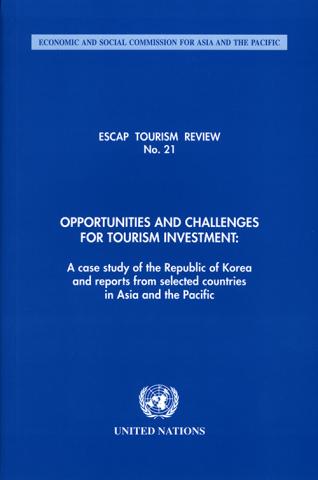
Opportunities and Challenges for Tourism Investment
A Case Study of the Republic of Korea and Reports from Selected Countries in Asia and the Pacific
It is widely recognized that the tourism industry is making a significant contribution to the socio-economic development of many countries in the Asian and Pacific region. To facilitate the...
It is widely recognized that the tourism industry is making a significant contribution to the socio-economic development of many countries in the Asian and Pacific region. To facilitate the...
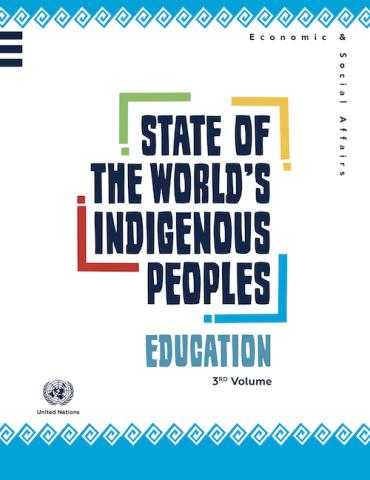
State of the World's Indigenous Peoples
Education
At its first session, the United Nations Permanent Forum on Indigenous Issues (UNPFII) requested the United Nations System to produce a report on the state of the world’s indigenous peoples (SOWIP)...
At its first session, the United Nations Permanent Forum on Indigenous Issues (UNPFII) requested the United Nations System to produce a report on the state of the world’s indigenous peoples (SOWIP)...
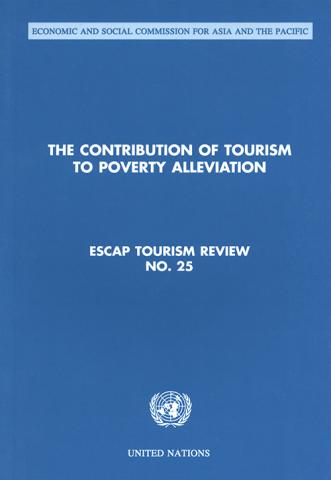
Contribution of Tourism to Poverty Alleviation, The
It is now recognized that tourism can contribute to poverty alleviation through job creation and productive employment. Tax revenue derived from tourism activities can be used to improve education...
It is now recognized that tourism can contribute to poverty alleviation through job creation and productive employment. Tax revenue derived from tourism activities can be used to improve education...
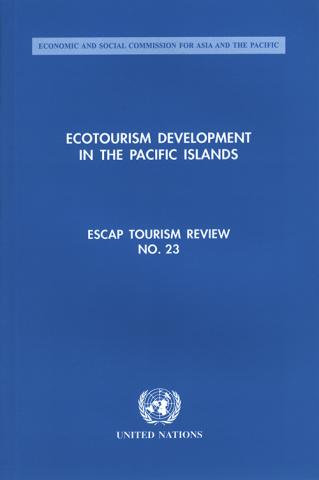
Ecotourism Development in the Pacific Islands
The experiences and challenges for Ecotourism in ten pacific Island countries are discussed in this book. The publication also takes a look at general issues concerning Ecotourism in Island Developing...
The experiences and challenges for Ecotourism in ten pacific Island countries are discussed in this book. The publication also takes a look at general issues concerning Ecotourism in Island Developing...
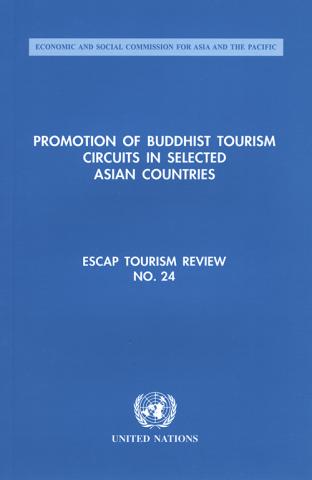
Promotion of Buddhist Tourism Circuits in Selected Asian Countries
One of the newest and most difficult challenges for Asian countries relates to how Asian people’s cultural and religious heritage could be linked to tourism development. Based on the findings of an...
One of the newest and most difficult challenges for Asian countries relates to how Asian people’s cultural and religious heritage could be linked to tourism development. Based on the findings of an...
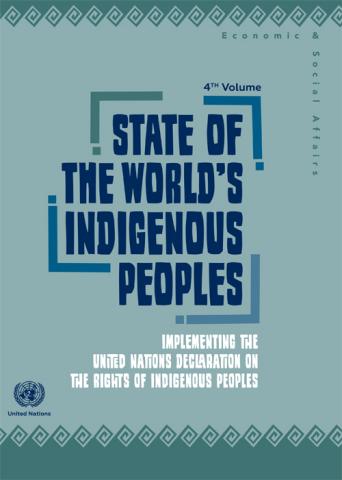
State of the World's Indigenous Peoples
Implementing the United Nations Declaration on the Rights of Indigenous Peoples
On 13 September 2007, the United Nations General Assembly adopted the United Nations Declaration on the Rights of Indigenous Peoples. It marked the culmination of decades of struggle among indigenous...
On 13 September 2007, the United Nations General Assembly adopted the United Nations Declaration on the Rights of Indigenous Peoples. It marked the culmination of decades of struggle among indigenous...
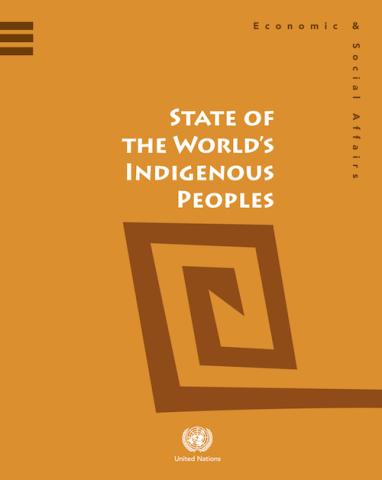
State of the World's Indigenous Peoples
While indigenous peoples make up around 370 million of the world’s population – some 5 per cent – they constitute around one-third of the world’s 900 million extremely poor rural people. Every day...
While indigenous peoples make up around 370 million of the world’s population – some 5 per cent – they constitute around one-third of the world’s 900 million extremely poor rural people. Every day...
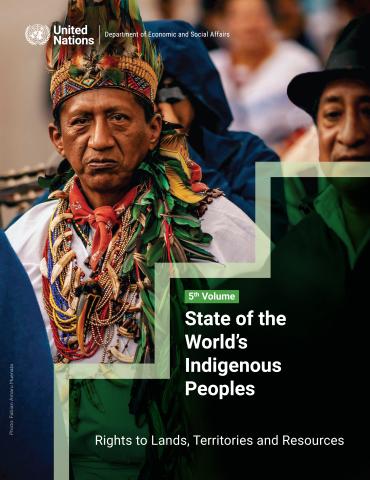
State of the World’s Indigenous Peoples
Rights to Lands, Territories and Resources
This publication offers a wide-ranging perspective on indigenous peoples’ rights to lands, territories and resources, examining legislation and agreements at the national and international level...
This publication offers a wide-ranging perspective on indigenous peoples’ rights to lands, territories and resources, examining legislation and agreements at the national and international level...
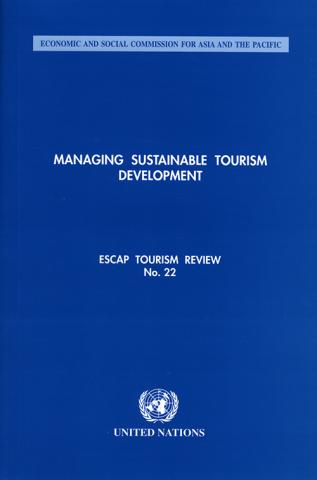
Managing Sustainable Tourism Development
A number of countries in Asia and the Pacific consider tourism to be an important vehicle for economic and social development. In order to sustain tourism, it is necessary for countries to address...
A number of countries in Asia and the Pacific consider tourism to be an important vehicle for economic and social development. In order to sustain tourism, it is necessary for countries to address...
